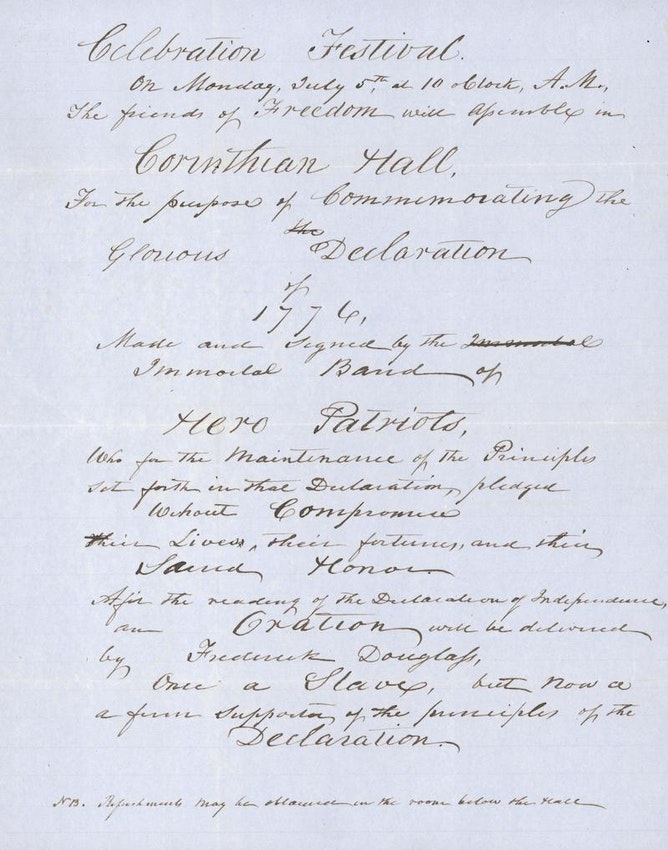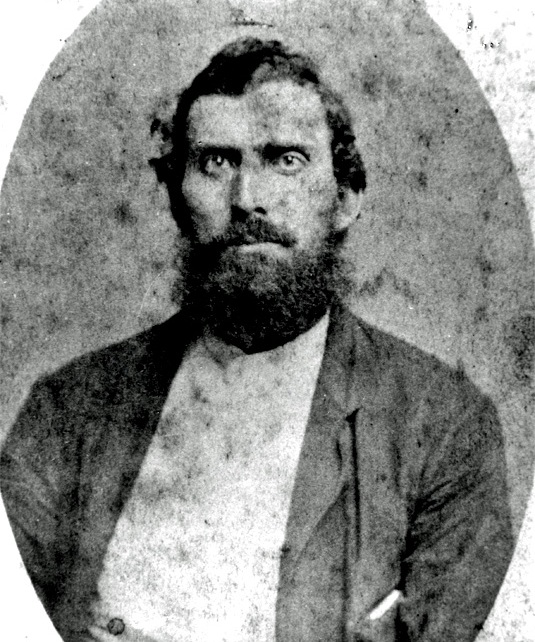
We at The Civil War and the Fight for the Soul of America seek to educate people about the REAL history of the mid-nineteenth century and the Civil War, through the film itself, public history, and social media. We need your help to continue with this vitally important project! 

For far too long our history has been white-washed, made to fit a Lost Cause narrative. The North may have won the Civil War, but the white South won the cultural war - a crisis that continues to plague America today.
We have set up a @gofundme page to aid fundraising efforts with a goal of $23,000!
With your donation you create jobs for M.A. and Ph.D.-level historians to work as research assistants: every single dime goes to paying them!
You can find our page here: gofund.me/fa492df5
With your donation you create jobs for M.A. and Ph.D.-level historians to work as research assistants: every single dime goes to paying them!
You can find our page here: gofund.me/fa492df5
Whether pulling images and photos, helping research storylines, or creating great social media content, our researchers are committed to democratizing knowledge, and making this world a better place. Thank you so much for your support and please retweet and share!
For our Patreon subscribers we have two new scholar interviews with @anya_jabour and @cybersmith722. If you aren’t a subscriber sign up at the $10+ level for access to view these and our other interviews! Sign up here: Patreon.com/thecivilwardoc
Depending on your level of donation, subscribing to our Patreon page grants you access to scholar interviews, book giveaways, project updates, and invitations to future historian happy hours!
We would like to share some of the updates and exciting events going on with @TheCivilWarDoc1
First, we have officially started filming! In late April we filmed our first two days of interviews.
First, we have officially started filming! In late April we filmed our first two days of interviews.
We are currently editing that into reel so that we can apply for some of the bigger grants.
If you haven't had the opportunity to check out our sizzle reel (3 minutes), head over to our GoFund Me page!
If you haven't had the opportunity to check out our sizzle reel (3 minutes), head over to our GoFund Me page!
Make one-time donations through our Venmo (account.venmo.com/u/TheCivilWarD…) or PayPal accounts (paypal.com/paypalme/theci…).
#TheCivilWarDoc #fundraising #fundraiser #GoFundMe #gofundmecampaign #DonateOrShare #Patreon #History #Documentary #history #docuseries
#TheCivilWarDoc #fundraising #fundraiser #GoFundMe #gofundmecampaign #DonateOrShare #Patreon #History #Documentary #history #docuseries
Read this article from @KeriLeighMerrit on why we need a new Civil War documentary in @SmithsonianMag.
smithsonianmag.com/history/why-we…
smithsonianmag.com/history/why-we…
• • •
Missing some Tweet in this thread? You can try to
force a refresh










